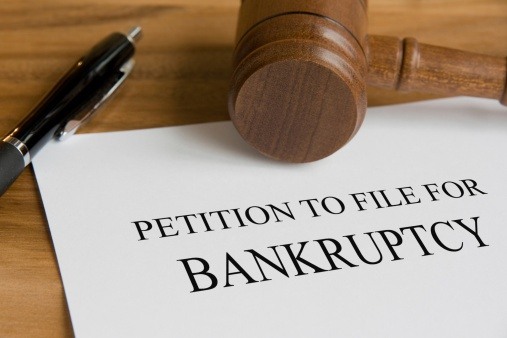The numbers are clear, foreclosure activity continues to rise all across the country and New Jersey is no exception. According to ATTOM’s Mid-Year 2025 U.S Foreclosure Market Report, the percentage...
New Jersey is the most densely populated state in the United States and is a massive trucking route on the East Coast. Unfortunately, trucking accidents occur frequently in New Jersey. Trucking...
Gambling debts are more common in bankruptcy than many people realize. With the rise of online casinos, sports betting apps such as FanDuel and DraftKings, and fast paced digital gambling platforms,...
Anyone living in New Jersey knows the reality: real estate is expensive and only getting more so. While that can make buying a home difficult, it also means many homeowners experience significant...
Whether you’re a debtor hoping to discharge overwhelming debts or a creditor looking to get paid, a proof of claim is an important part of the bankruptcy process. Filing – or failing to file – a...
Many of our personal injury clients only speak Spanish or another language, and our lawyers must rely on a translator for their testimony. When a client testifies through a court interpreter, many...
When you board a New Jersey Transit bus or train, you entrust yourself to the safety of the bus or train and operators of them. Unfortunately, NJ Transit accidents are more common than many realize...
At Scura, Wigfield, Heyer, Stevens & Cammarota, LLP, we understand the challenges immigrants face—especially those navigating both the U.S. immigration system and overwhelming debt. As a New Jersey...
Protecting Workers and Subcontractors in an Industry Full of Complex Payment Chains
Getting paid for a job is a pressing concern in the construction industry. With owners, general contractors, and...










